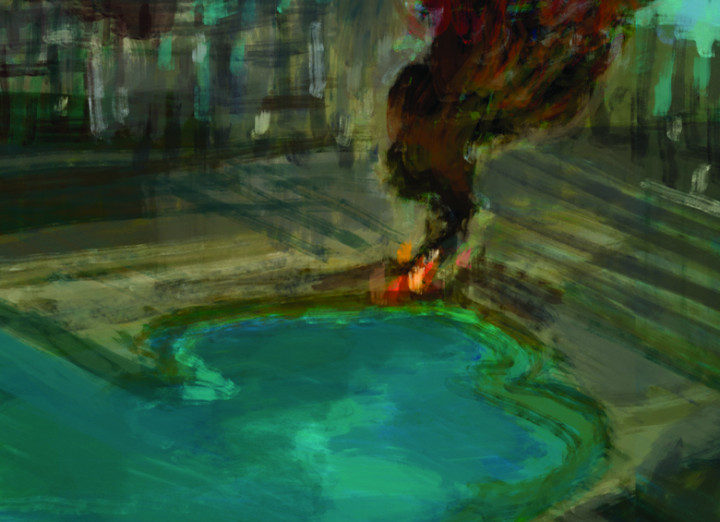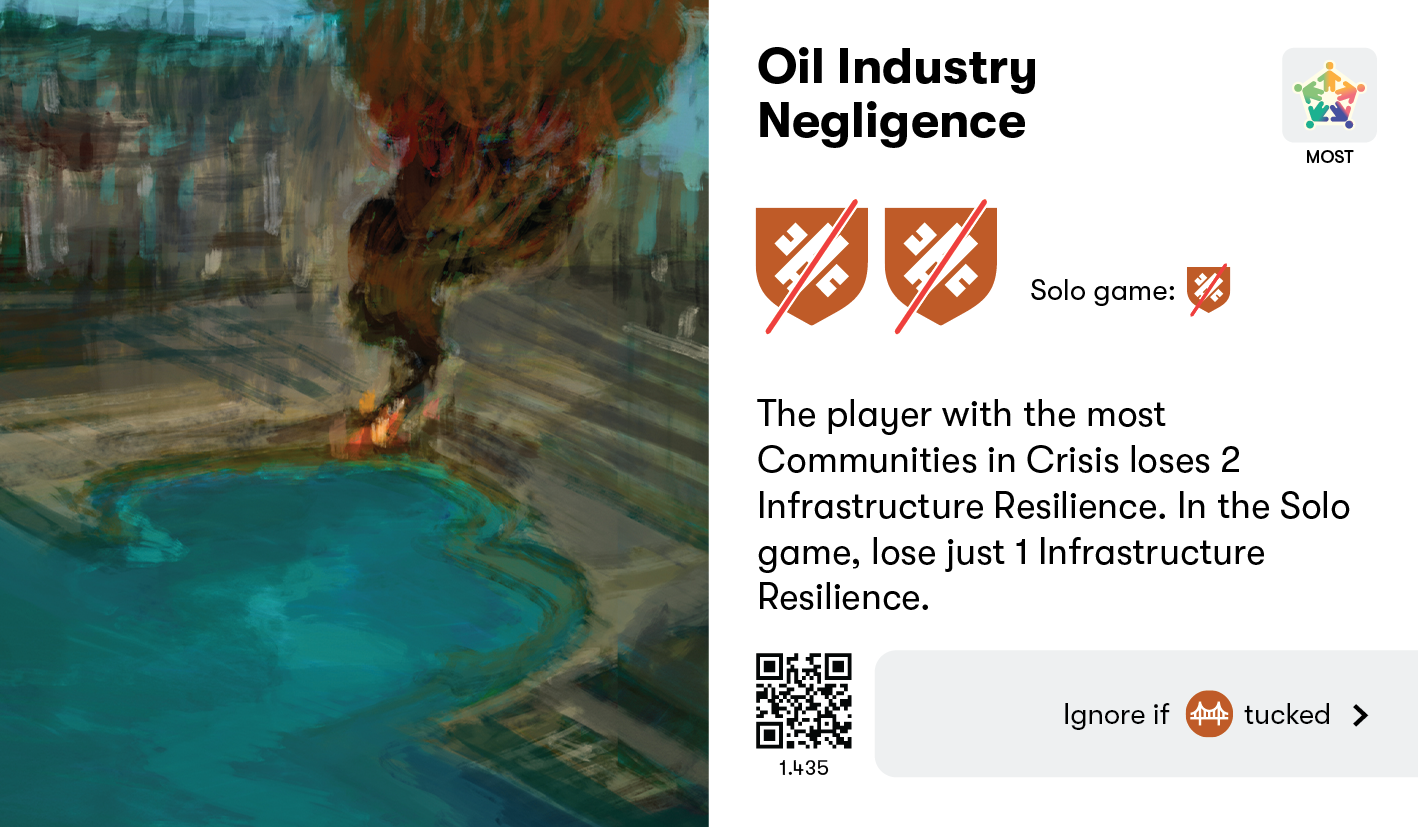Oil Industry Negligence
Crisis
Extracting fossil fuels from the earth and transporting them to processing facilities – and then customers – comes with enormous risk to the people and places along the way. Oil spills, gas explosions, and other failures of equipment and infrastructure cause permanent harm to nature and wildlife, and many people have died or faced permanent health impacts as a direct consequence. As such, neglecting necessary steps to reduce these risks can be criminal.
Criminal negligence is defined as behavior in which a person or institution ignores a known or obvious risk, or disregards the right to life and safety of others. Fossil fuel companies have frequently been found criminally negligent with regards to the ways in which they have conducted business. For example, BP’s actions were found “grossly negligent” in the lead up to the Deepwater Horizon oil spill in 2010. Likewise, consider the ongoing crisis in Nigeria, where fossil-corporations are estimated to spill 40 million liters of crude oil into the ecosystem annually.
There are laws to protect against and punish this negligence but enforcement is difficult given the scale of the problem and resources of fossil fuel companies to avoid or delay responsibility. Support organizations and leaders who are committed to holding companies accountable for their actions.
Ignore this Crisis if no player has any Communities in Crisis.
The player with the most Communities in Crisis loses 2 Infrastructure Resilience. In the Solo game, lose just 1 Infrastructure Resilience.
If this Crisis was face up during the Local stage and players tucked a Infrastructure tag under it, this effect can be ignored.

BP found 'grossly negligent' in 2010 Gulf oil spill (BBC News)
Join a local or national campaign for clean energy and elimination of fossil fuels. Find one near you with the Fossil Free database.
Write your elected officials asking them not to get money from fossil fuel lobbyists and share the facts of fossil fuels in driving climate change.